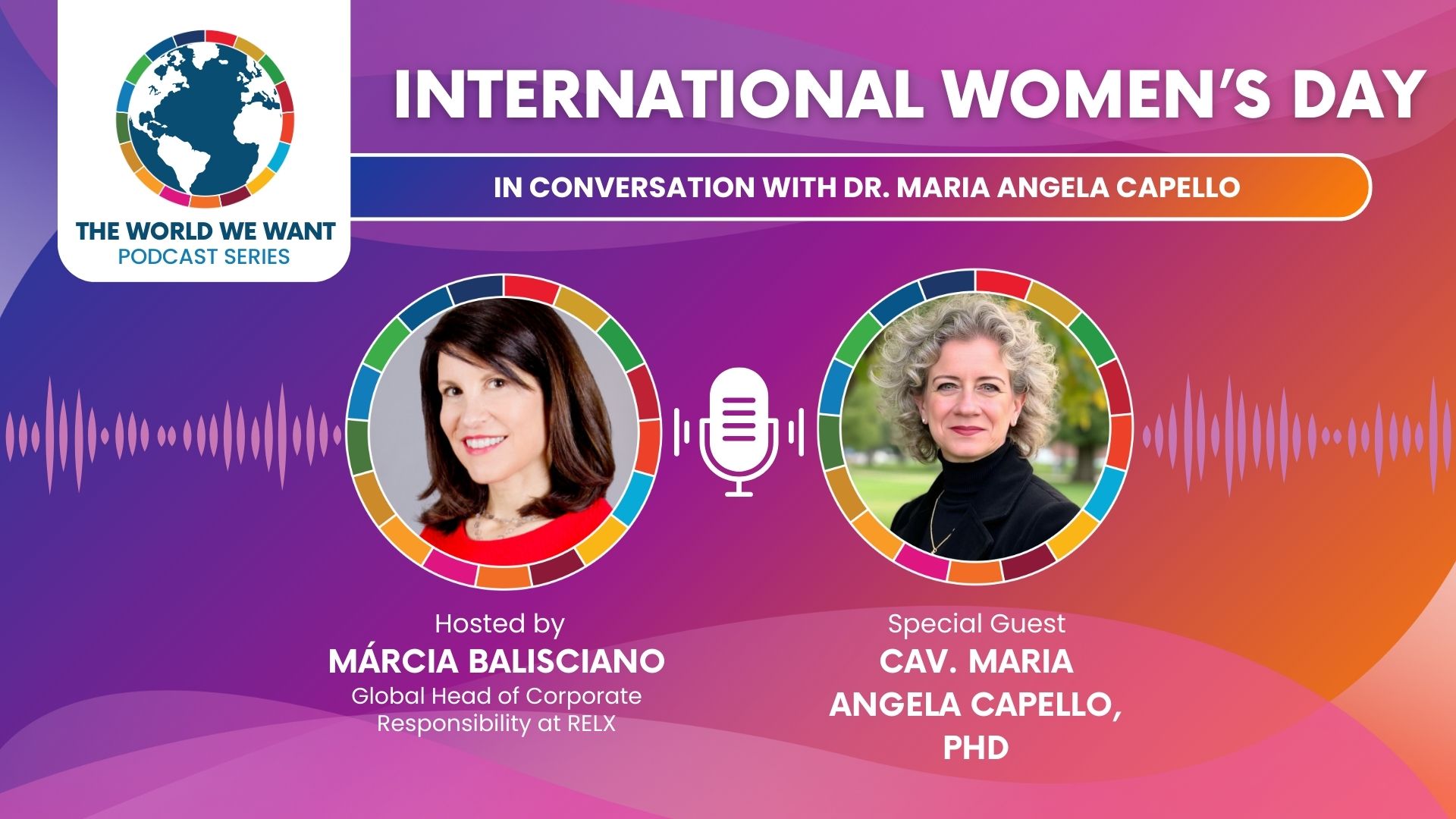Gender equality and women's empowerment play a vital role in achieving the Sustainable Development Goals (SDGs) outlined by the United Nations. Acknowledging the significance of SDG 5, which explicitly targets gender equality and the empowerment of all women and girls, it's worth noting that these elements are fundamentally tied to all 17 goals. Each goal, whether it pertains to poverty eradication, quality education, or climate action, is directly or indirectly affected by gender dynamics. Gender inequality inhibits economic growth (SDG 8) by depriving economies of the full potential of half its population, thereby exacerbating poverty (SDG 1) and hunger (SDG 2). Additionally, gender-based discrimination can limit access to quality education (SDG 4) and decent work (SDG 8) for women and girls, further perpetuating inequality. In health matters, gender roles and stereotypes often result in disparities in healthcare access and outcomes (SDG 3). With respect to environmental sustainability (SDGs 13, 14, and 15), women, particularly those in rural areas, bear the brunt of climate change impacts, but they also hold unique knowledge and skills crucial for mitigation and adaptation strategies. Likewise, women's underrepresentation in decision-making roles limits their influence on peace and justice (SDG 16) and partnerships for goals (SDG 17). Thus, achieving gender equality isn't only about justice for women and girls, but also about progress on every SDG. Women's empowerment creates a multiplier effect that boosts economic growth and promotes sustainable development, thereby setting a direct path towards achieving the SDGs. Encouragingly, concerted efforts worldwide are recognizing and amplifying women's roles in society, placing gender equality and women's empowerment at the heart of the SDGs. Such advancements signify a positive stride towards a balanced and equitable world.
How Sex and Gender Impact Clinical Practice: An Evidence-Based Guide to Patient Care (Second Edition), 2026, pp 11-23
This chapter aligns with SDG 3 – Good Health and Well‑Being and SDG 5 – Gender Equality by demonstrating how gender‑informed communication strategies can improve clinician‑patient interactions, leading to better healthcare outcomes and more equitable, culturally aware treatment experiences for women and other gendered patient groups.
This chapter aligns with SDG 3 – Good Health and Well‑Being and SDG 5 – Gender Equality by examining how sex and gender shape public‑health issues such as intimate partner violence, access to healthcare, and infectious‑disease prevention, thereby supporting more equitable, informed, and effective care for diverse populations.
This chapter aligns with SDG 3 – Good Health and Well‑Being and SDG 5 – Gender Equality by showing how nutraceuticals can enhance the prevention, treatment, and recurrence management of gynecologic cancers, thereby improving women’s health outcomes and addressing conditions that uniquely affect women.
Nutrition and Women's Health: Functional Foods, Nutraceuticals, and Integrative Strategies, 2026, pp 49-62
This chapter highlights how gender-specific nutritional needs across the female lifespan are essential for preventing deficiencies, improving health outcomes, and reducing chronic disease risk, directly supporting SDG 3: Good Health and Well‑Being and SDG 5: Gender Equality.
Women’s Entrepreneurship and the Sustainable Development Goals: An Opportunity Nexus, 2026, pages 135-162
This chapter aligns with Goals 5, 8, and 10 by highlighting the significance of women’s entrepreneurship in promoting sustainable growth in Europe. The key argument is that achieving gender equality is essential for sustainable development, as outlined in the SDGs, which advocate for equal opportunities for all.
Women’s Entrepreneurship and the Sustainable Development Goals: An Opportunity Nexus, 2026, pages 79-109
This chapter aligns with Goals 5, 3, and 9 by theorizing how creative sectors manifest themselves as mediating contexts for the influence of women's entrepreneurship on the SDGs.


